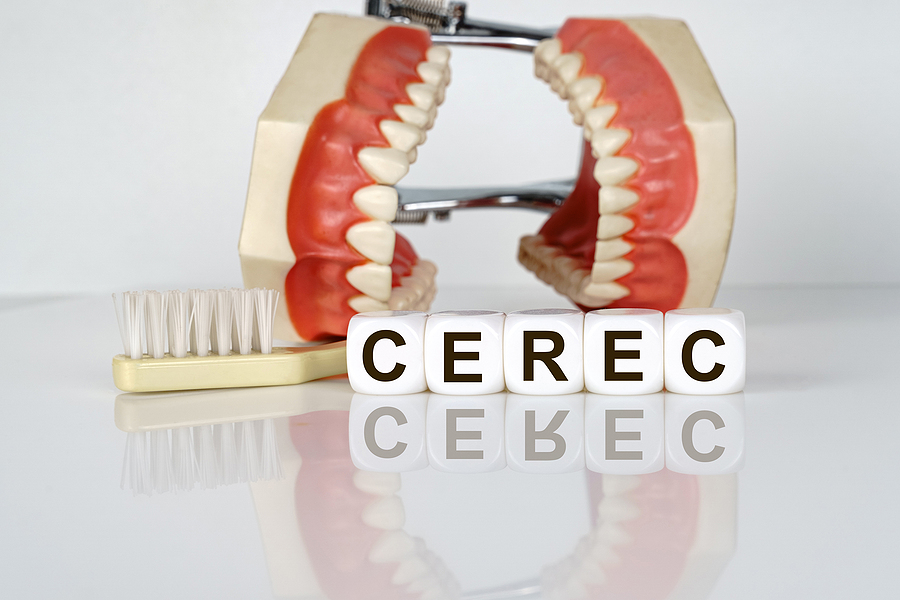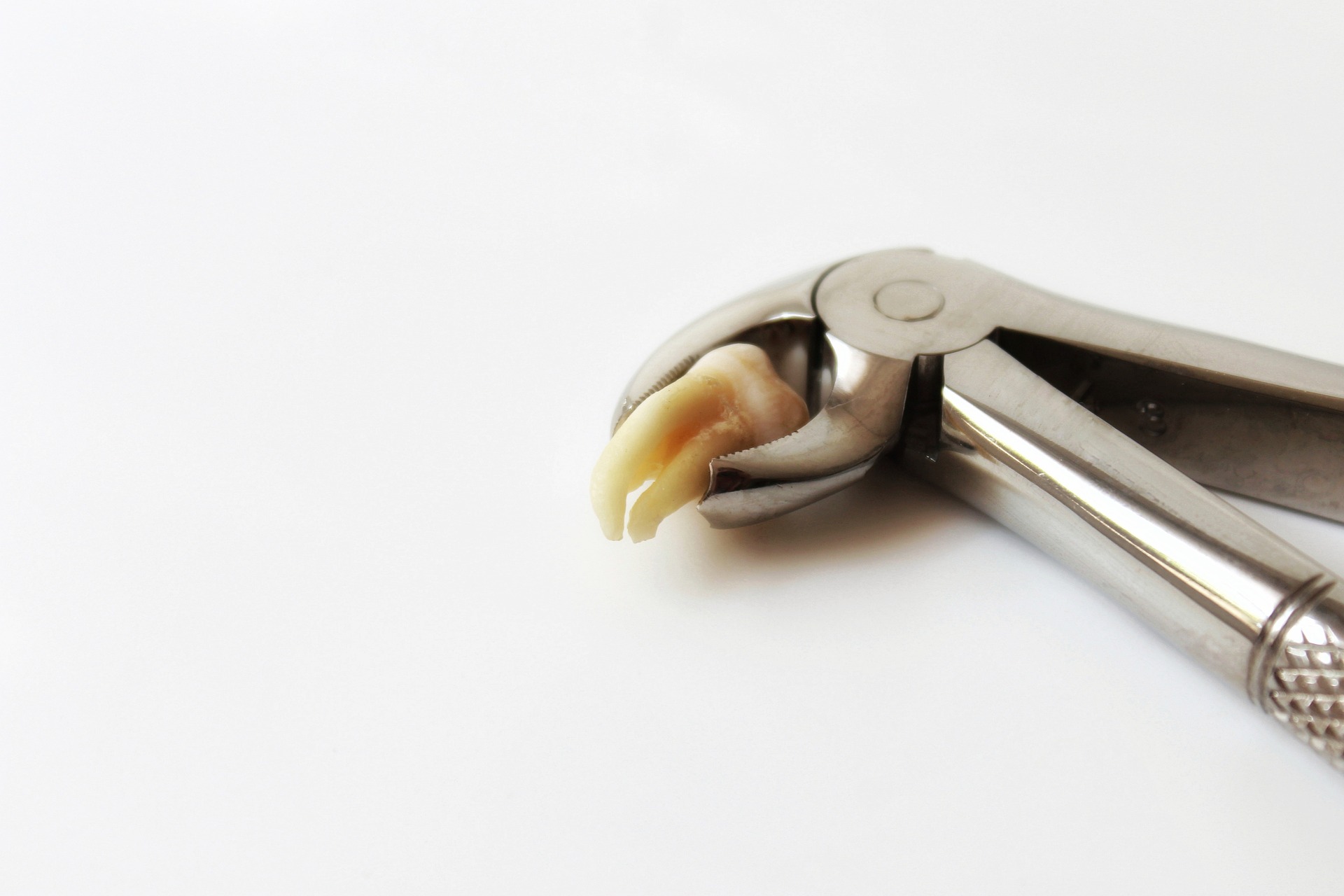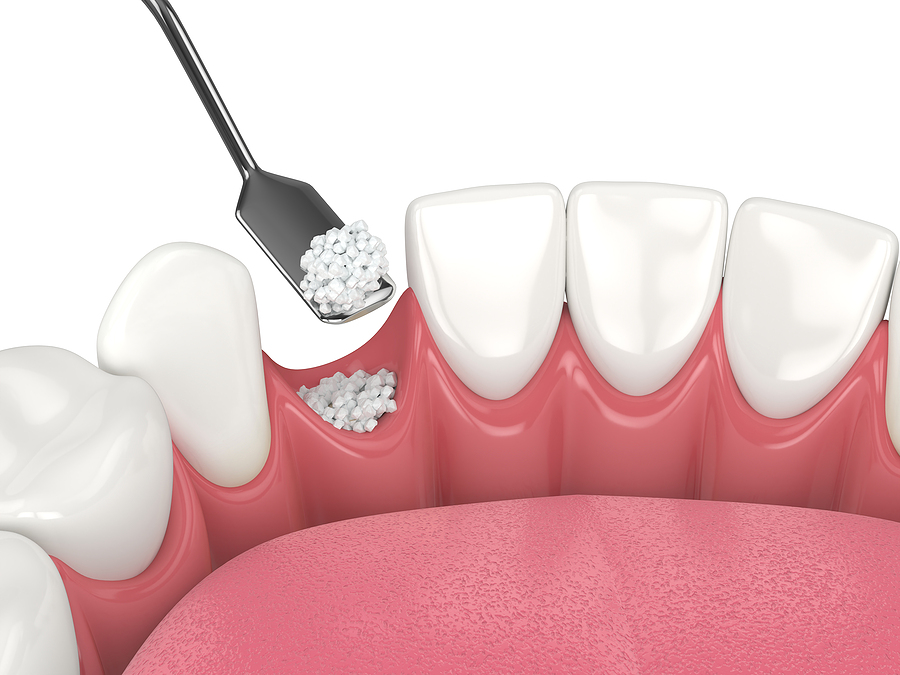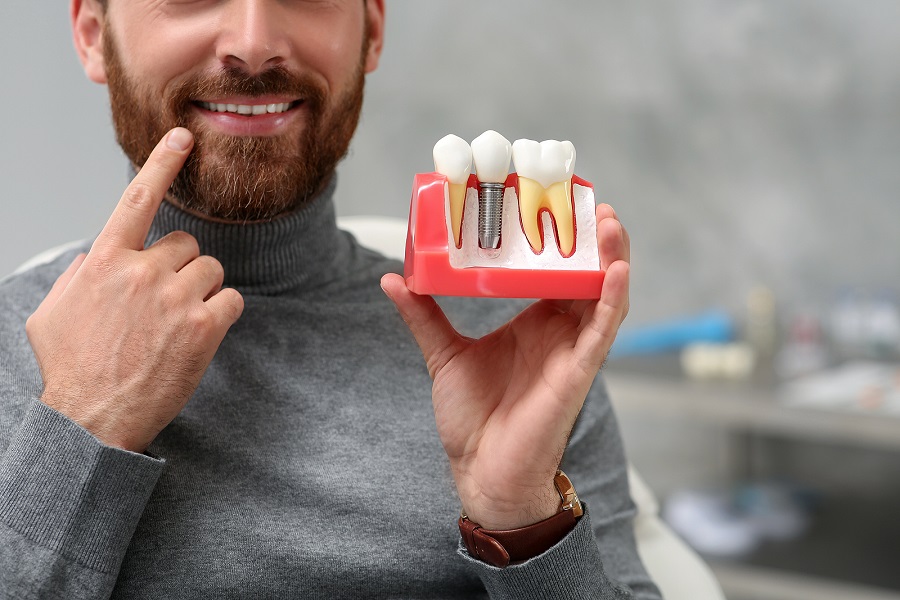If you're considering dental implants in Tustin, CA, you're not alone. Many people are choosing this innovative solution to restore their smiles and enhance their quality of life. Unlike traditional dentures or bridges, dental implants offer a more permanent and natural-looking alternative. However, the journey doesn't end once the procedure is complete. Careful attention during recovery is crucial for ensuring your new smile stays healthy and functional.
Understanding what to do (and what to avoid) after getting dental implants can significantly influence your overall experience. From maintaining proper oral hygiene to managing discomfort effectively, each step plays a vital role in your healing process. Let’s delve into the essential dos and don’ts of post-operative care for dental implants that will set you on the path toward success!
Importance of Post-Operative Care for Dental Implants
Post-operative care for dental implants is crucial to ensure the success of your procedure. After surgery, your body needs time to heal properly. This healing process can significantly impact the longevity and stability of your implants.
Neglecting proper care can lead to complications such as infection or implant failure. Following your dentist's guidelines enhances recovery and supports optimal results.
Additionally, post-operative attention helps in identifying any issues early on. Catching these problems promptly can save you from discomfort down the line.
Maintaining good oral hygiene practices during this period is essential too. It not only promotes healing but also prevents potential risk factors that could affect the implants’ integration with bone tissue.
In essence, treating post-operative care with importance sets a solid foundation for long-lasting dental health and function in Tustin, CA.
Dos: Proper Oral Hygiene and Diet
After your dental implant surgery, maintaining top-notch oral hygiene is crucial.
- Start by gently brushing your teeth twice a day. Use a soft-bristled toothbrush to avoid irritating the surgical area.
- Flossing is equally important, but proceed with caution around the implant site. Consider using an interdental brush or water flosser for added care without causing damage.
- Diet plays a significant role in recovery as well. Stick to soft foods like yogurt, smoothies, and mashed potatoes for the first few days. Avoid hard, crunchy items that could stress your healing implants.
- Stay hydrated too! Drinking plenty of water helps wash away food particles and keeps your mouth moist.
- Consider rinsing with warm salt water after meals to promote healing and reduce swelling. This simple step can make a noticeable difference in how quickly you recover from surgery. Contact us to learn more.
Don’ts: Avoiding Certain Foods and Habits
- After getting dental implants, it’s crucial to steer clear of certain foods that could jeopardize your healing process. Hard and crunchy items, like nuts or ice, can put unnecessary pressure on the new implants.
- Sticky candies can also pose a risk by dislodging temporary crowns or causing discomfort. It’s best to avoid these treats during your recovery.
- Furthermore, habits such as smoking and excessive alcohol consumption should be eliminated. Both can hinder the healing process and increase the risk of complications.
- Avoiding straws is another important consideration. The suction created can disrupt blood clots essential for proper recovery.
- Listening to your dentist's advice about diet restrictions will greatly contribute to successful implant integration into your jawbone. Nurturing your oral health in this way lays the foundation for long-lasting results with dental implants in Tustin, CA.
Managing Pain and Discomfort after Surgery
After your dental implant surgery, managing pain and discomfort is crucial for a smooth recovery. Most patients will experience some swelling and tenderness in the first few days. It’s advisable to apply ice packs to the outside of your cheek. This can help reduce inflammation.
Your dentist may prescribe pain relief medication or recommend over-the-counter options like ibuprofen. Always follow their guidelines for dosage and frequency.
Stay hydrated, but avoid using straws, as this can create pressure in your mouth that might disrupt healing. Soft foods are ideal during this initial phase; think yogurt or smoothies.
Listening to your body is essential. If you notice escalating pain or unusual symptoms, reach out to your dental care provider immediately. Timely communication ensures any complications are addressed swiftly, keeping your recovery on track.
Follow-Up Appointments and Monitoring Healing Progress
After your dental implant surgery, follow-up appointments are crucial. These visits allow your dentist to monitor how well you’re healing. They can catch any potential issues early.
During these check-ups, the dentist will assess the implant site and ensure that everything is progressing as it should. You might also receive guidance on what to expect in the coming weeks.
Healing varies from person to person, so don't hesitate to share any concerns during these visits. Whether it's discomfort or changes in your mouth, open communication is key.
Proper monitoring helps maintain implant success rates and ensures that you're on track for optimal results. Each appointment builds a supportive relationship with your dental team while keeping you informed about your recovery journey.
Long-Term Maintenance for Dental Implants
Maintaining dental implants requires a commitment to oral hygiene. Brushing twice daily and flossing is essential. Use a soft-bristled toothbrush to avoid damaging the implant or surrounding gums.
Regular dental check-ups are crucial. Your dentist will monitor the health of your implants and detect any issues early on. Professional cleanings can help keep plaque at bay, ensuring longevity for your implants.
Be mindful of your diet as well. Avoid hard foods that could put excessive pressure on the implants. Smoking can also jeopardize their stability, so consider quitting if you haven’t already.
Observe changes in comfort or appearance around the implant area. Any signs of discomfort should prompt a visit to your dentist immediately. Staying proactive about these factors contributes significantly to long-term success with dental implants in Tustin, CA.
Conclusion
Dental implants in Tustin, CA, can significantly enhance your quality of life by restoring functionality and aesthetics to your smile. However, the journey doesn’t end with the procedure itself. Post-operative care plays a crucial role in ensuring the success of your dental implants.
By following proper hygiene practices and maintaining a balanced diet after surgery, you set yourself up for optimal healing. Avoiding certain foods and habits is equally important to prevent complications. Additionally, managing pain effectively and attending follow-up appointments allow for better monitoring of your recovery progress.
Long-term maintenance will help keep your dental implants healthy for years to come. With dedication to these post-operative guidelines, you can enjoy all the benefits that come from having strong and durable dental implants in Tustin, CA. A little effort goes a long way toward achieving that beautiful smile you've always wanted.
If you are missing a tooth or multiple teeth and want to learn more about dental implants, visit SoCal Oral and Maxillofacial Surgery at 13522 Newport Avenue, Suite 109, Tustin, CA 92780, or call (714) 730-6767 to schedule a consultation.
More Blog Posts
Location
13522 Newport Avenue, Suite 109,
Tustin, CA 92780
Office Hours
MON9:00 am - 5:00 pm
TUE8:00 am - 5:00 pm
WED8:00 am - 3:00 pm
THU8:00 am - 5:00 pm
FRI7:00 am - 3:00 pm
SATClosed
SUNClosed
13522 Newport Avenue, Suite 109,
Tustin, CA, 92780
Phone: (714) 730-6767Text Us: (714) 730-6767






